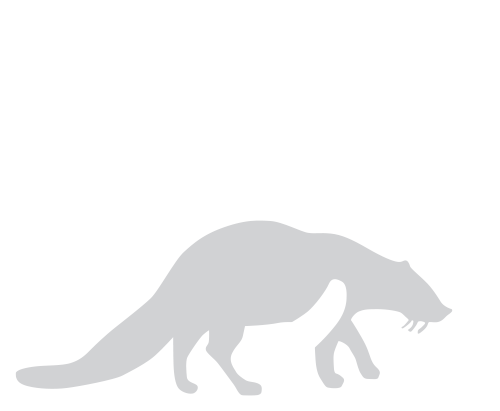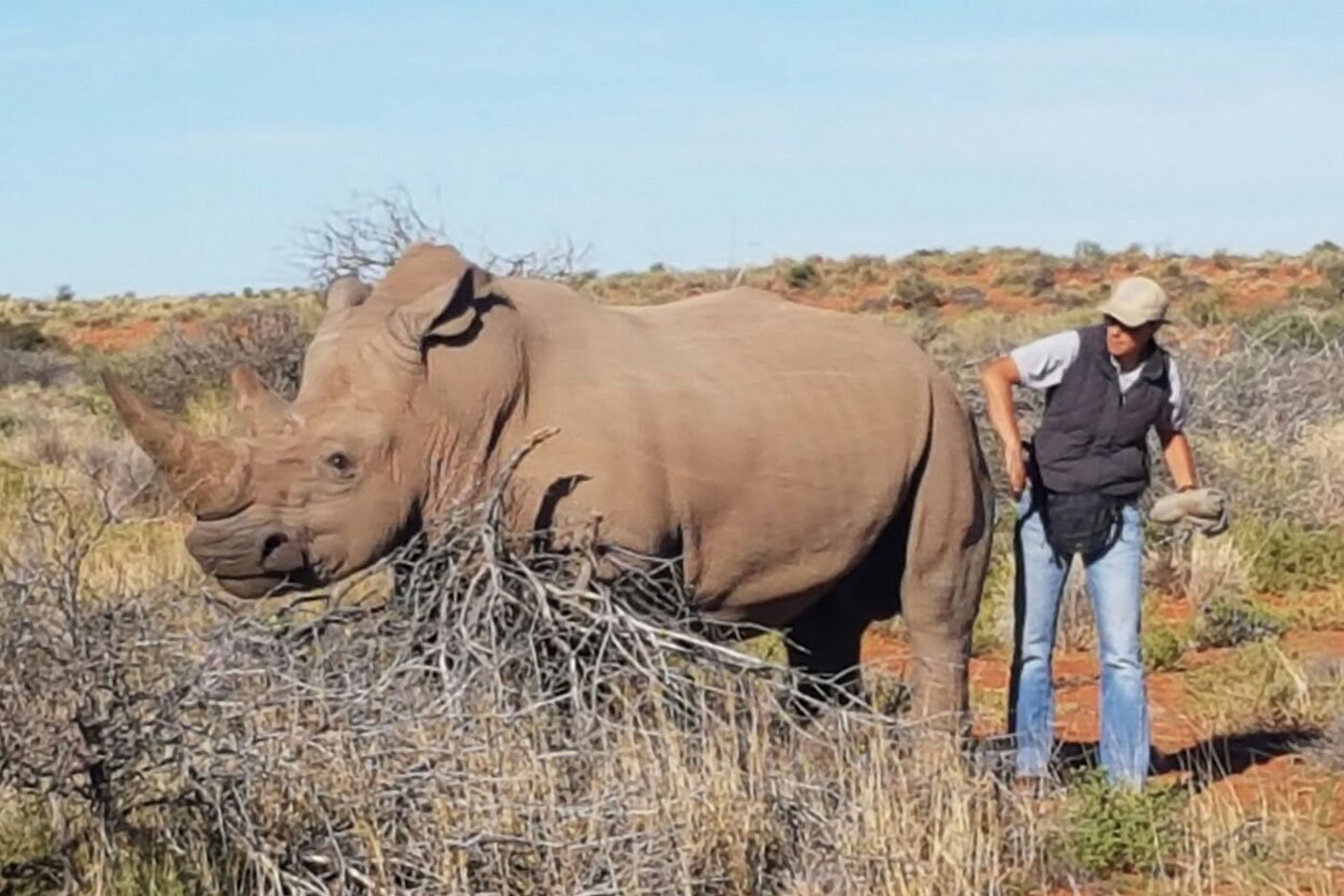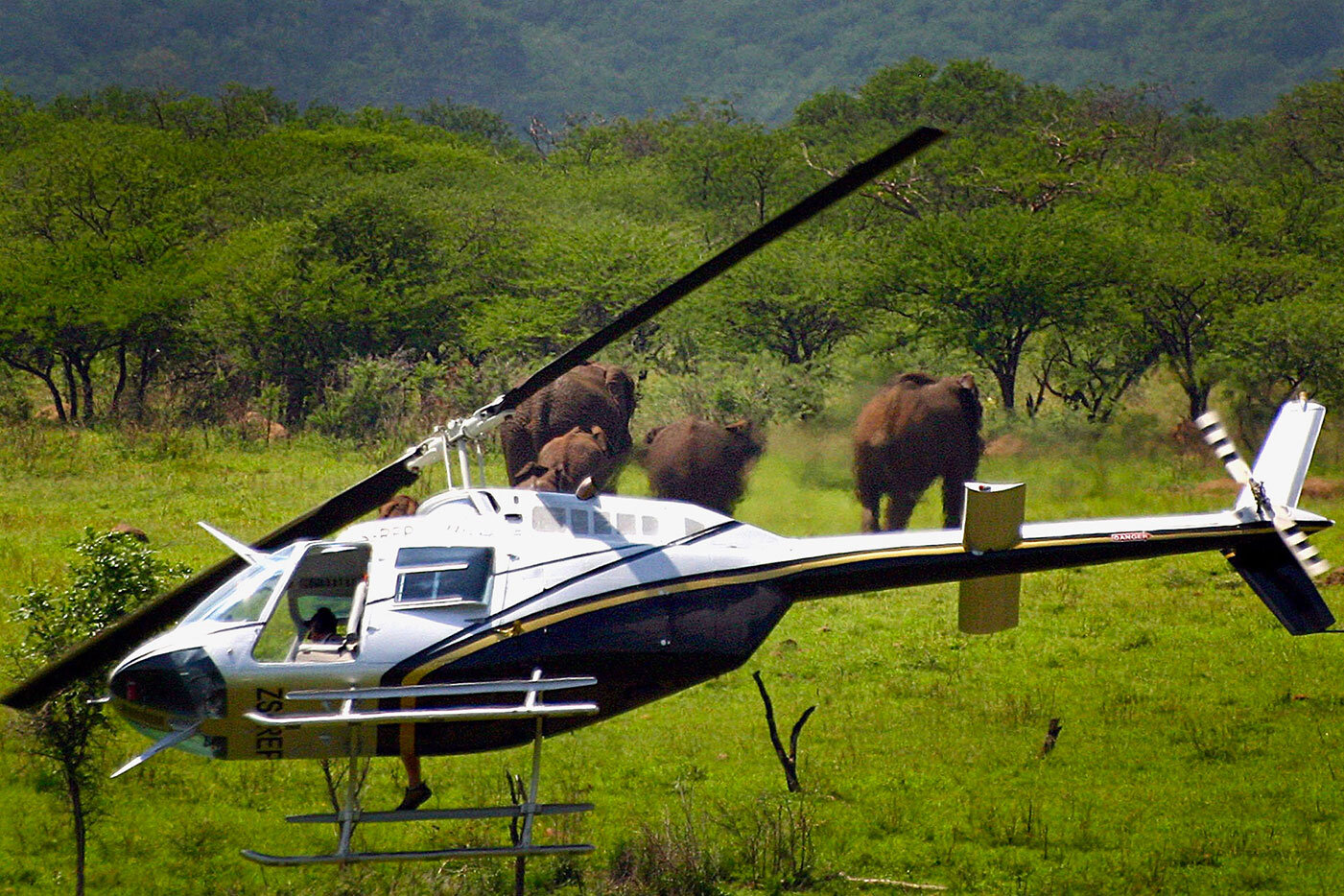
Start by doing what’s necessary; then do what’s possible; and suddenly you are doing the impossible.
- St. Francis of Assisi
Services
Chemical immobilization
The darting of specific individual animals, either from a helicopter or from the ground, is necessary for game farming management. There are many reasons as to why an animal should be captured through darting: wound treatment from injuries, relocation, management of breeding stock with in small enclosures, introduction of new genetics, sales of individual animals, veterinary emergencies, management work such as fitting radio collars or microchips. CVET is able to provide a solution to all wildlife immobilization requirements, as well as after care and follow-up.
Expensive and rare animals, for example, buffalo, roan, sable, tsessebe are often farmed in smaller enclosures in order to maximise the potential of each animal by ensuring best nutritional needs are met, as well as providing close monitoring of the breeding stock and performance of mothers. The breeding selection, management of the animals and veterinary care play a crucial role to the success of the breeding project. CVET has been involved in some of the largest breeding projects in South Africa and is able to provide a full service including initial planning and set up.
Routine Surgery
CVET is a mobile clinic geared for bush emergencies. With careful preparation and years of practical experience, CVET is able to give the very best veterinary advice and perform surgeries in remote areas. An emergency surgical kit is always on hand whilst working from the helicopter or ground vehicle. CVET is able to respond, around the clock, to wildlife call outs at short notice. The vast distances in South Africa are often a limiting factor, however, apart from normal road transport, C VET has dedicated helicopters and fixed-wings available at all times for rapid response.
Buffalo disease control
Buffalo can be carrier of diseases transmissible to cattle and domestic stock. It is mandatory to test buffalo for Corridor disease, Tuberculosis, Brucellosis and Foot and mouth disease before any movement is allowed. The process requires the buffalo to be quarantined in a boma for the time to obtain the blood test results. For the TB test, each buffalo needs to be darted again 72hours in order to read the intradermal test.
Herd Vaccination
Some areas of South Africa are prone to epidemics, like Rift Valley Fever during the early rainy season, it is vital to administer an annual vaccine to protect against the common diseases. Mostly, vaccinating is performed prior to or at the beginning of the rainy season, offering protection against Anthrax, Rift Valley Fever, Botulism, to name a few, mostly for buffalo, sable, roan, giraffe, rhino and other important breeding stock. Usually an entire herd of animals will be vaccinated from the helicopter, using drop out darts. Typically the duration to vaccinate a herd of 20 buffalo will take 10 minutes of flying.
Rhino Management
Rhino have become a highly endangered species, due to their horn value. It has become increasingly necessary to manage populations. Dealing with small populations requires hands on monitoring of individuals ensuring their protection as well as maintaining genetic diversity. Aspects of rhino management include, dehorning, necessary for the survival of some populations as a result of poaching pressure. Microchipping, ear notching and DNA sampling of rhino in larger populations in order to create individual identification profiles. Treatment and veterinary care to wounded and injured rhino and the capture of specific rhino for sale or relocation. CVET has worked with the highly endangered Black rhino for a number of years, in some of the largest populations in South Africa.
Aerial Services: Game Census & Ecological Surveying
A game count is a vital part of wildlife management. A census ensures that the manager will have an intimate knowledge of the status of the entire reserve, possible only by regular airborne observation and recording of ecological data. Aspects such as general game condition, sex ratios, breeding performance, quality of breeding stock and excess bulls must be monitored. The general condition of animals will determine their breeding performance, an aspect linked to the vegetation, grazing and water quality. Future planning and management of a reserve becomes possible once a full picture of the environment has been obtained. CVET has been involved in helicopter census work through out South Africa and Mozambique, in most provincial reserves as well as private land. CVET has also been involved in fixed-wing survey for the census of Park W in Benin, Niger,Burkina Fasso.
CVET has the experience to provide the client with important game management observations, data, and reporting with GIS and Arcview mapping.
Wildlife collaring
Collaring wild animals is the only way to study their behaviour, follow their movement and protect them. As a vital management tool for wildlife monitoring, CVET has experience in collaring many species from Elephants to Dorcas Gazelles. VHF or GPS collars give different but useful data.
Work in Africa
Assistance to conservation is a needed effort all over Africa. CVET is very travel wise and able to be away for long period at a time.
To date, CVET has been involve with the management of a herd of giant sabe in Angola, in the collaring of elephant, Barbary sheep and Dorcas gazelle in Chad as well as the search and capture of the highly endangered Dama Gazelle in OROA, Chad.
Dr. Charlotte Moueix is French and English speaking allowing her to travel and communicate with everyone in most African country.

Please do not hesitate to contact CVET via cellphone, whatsapp or email for any queries or quotations
_
Due to the nature of the work and the travelling,
CVET does not accept any apprenticeships.








